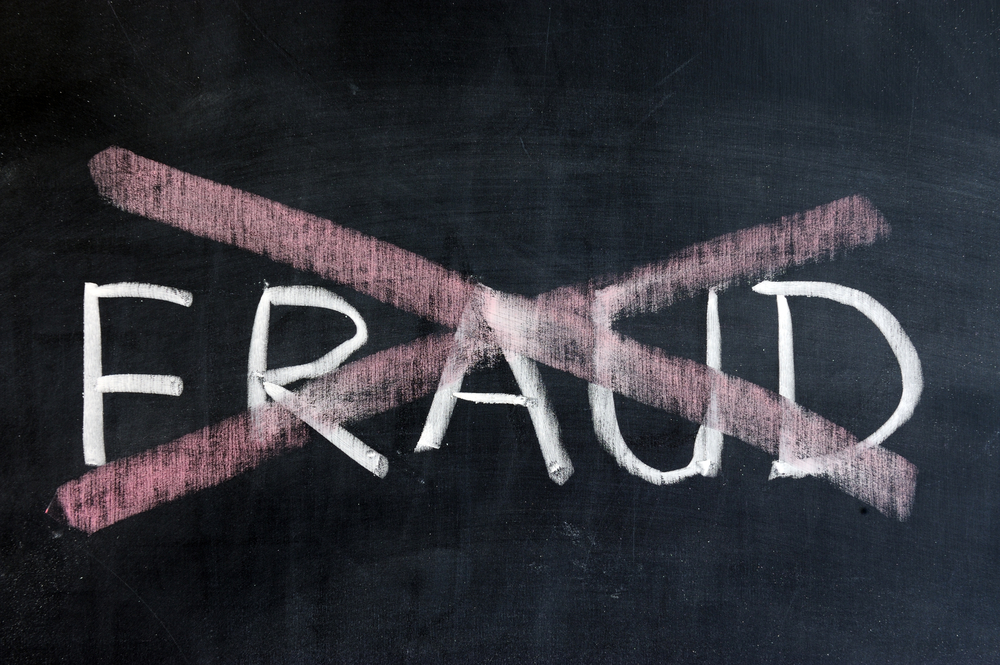Money Tips
Free scam alert service launches

A free scam alert service has launched to warn users of the latest fraud attempts.
More than £1.2bn was lost to scammers in 2019 and fraudsters have been quick to exploit fear and confusion surrounding the coronavirus pandemic to dupe consumers.
Around £2m has already been lost to coronavirus-related scams in England, Wales and Northern Ireland, according to Action Fraud figures.
The National Cyber Security Centre has detected 2,500 government-branded scams since the start of March and Google reported scammers are sending 18 million hoax emails about Covid-19 every day.
Further, security experts have discovered more than 700 fake websites mimicking Netflix and Disney+ signup pages as criminals try to take advantage of the lockdown to harvest people’s bank details.
With the sheer number of scams invading emails, calls and texts, campaign group Which? has launched the free scam alert service to help people protect themselves.
Anyone can sign up to receive warnings about the latest scams as they’re uncovered, along with information about how to spot a scam and how to distinguish genuine communication.
‘Perfect storm for scams’
Gareth Shaw, head of money at Which?, said: “The coronavirus outbreak has created the perfect storm for scams, with fraudsters using callous tactics to exploit people’s fears and vulnerability for their own financial gain. As new scams spring up daily, our alert service aims to help people protect themselves and their loved ones.
“Everyone should be extra cautious about clicking on links in any unsolicited emails and texts or answering calls. Make sure your computers, mobile phones and tablets are supported by the latest security updates, and consider installing antivirus software to minimise threats.”
Some of the common coronavirus scams include:
- Bogus phishing texts from HMRC issuing refunds due to coronavirus, and providing a link for readers to ‘calculate their refund’
- Fake messages purporting to be from the government, requesting people pay a fine for breaching the coronavirus lockdown rules
- Emails encouraging people to use their time during the coronavirus lockdown to invest in bitcoin
- Unsolicited calls offering to enrol vulnerable people onto coronavirus vaccine trials for a fee.
How to spot and avoid coronavirus scams:
- Be careful of anything you weren’t expecting that claims to be from an organisation such as a bank, BT, Sky, PayPal, Microsoft, the BBC and other large, trusted organisations. And at the moment, watch out for unsolicited emails claiming to come from health bodies such as the NHS, the WHO and the CDC
- An urgent tone: phishing and smishing messages are designed to scare you into clicking the links
- Grammar and spelling: the phishing email claiming to come from the WHO is clumsily written and has typos such as no spaces after commas.
- No name: legitimate emails from services you have accounts with will always address you by name. Phishing emails and smishing texts usually start with ‘Dear Sir’ or ‘Dear Customer’.
- Fake domains: scammers often set up website addresses that look legitimate in order to trick you.